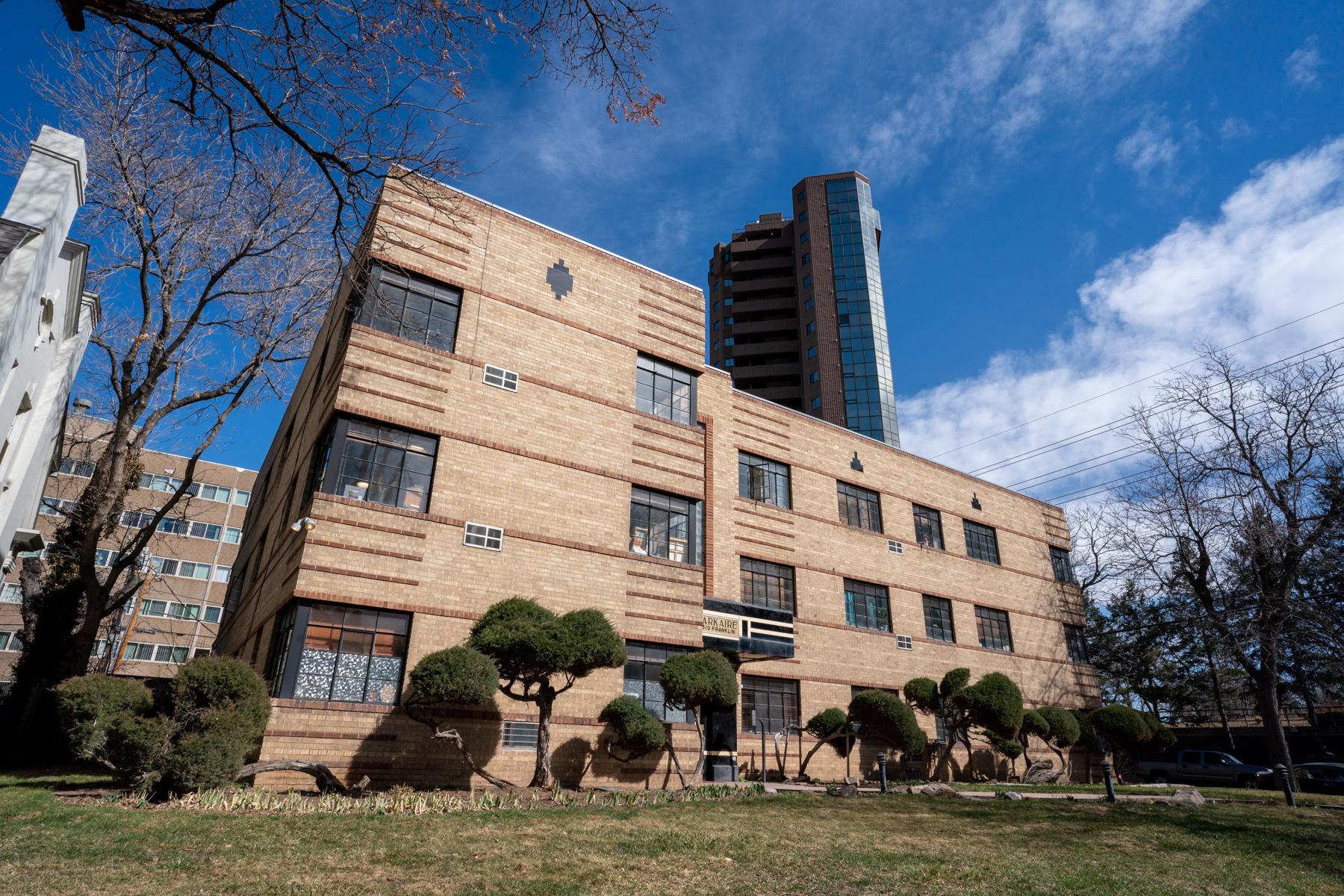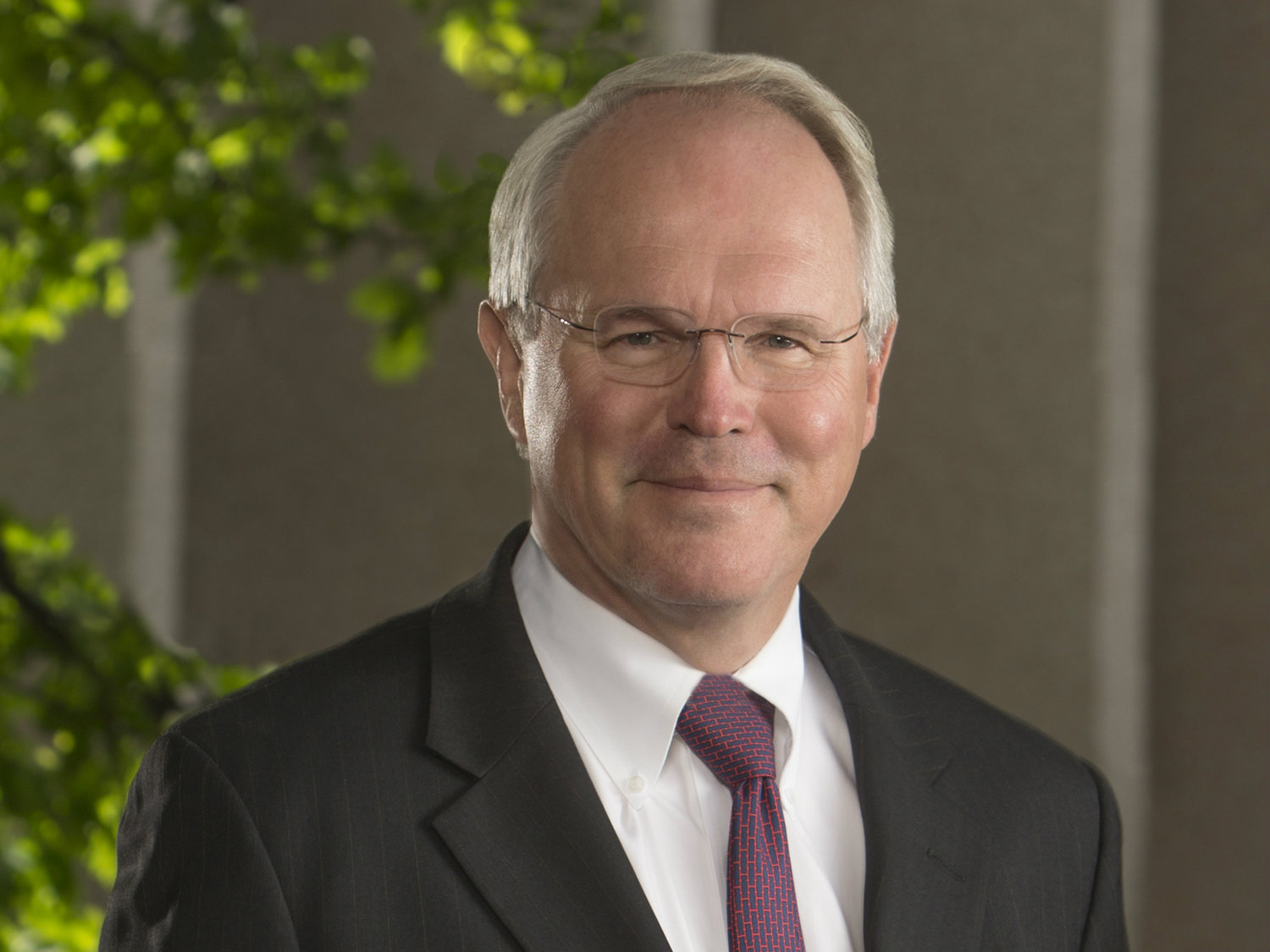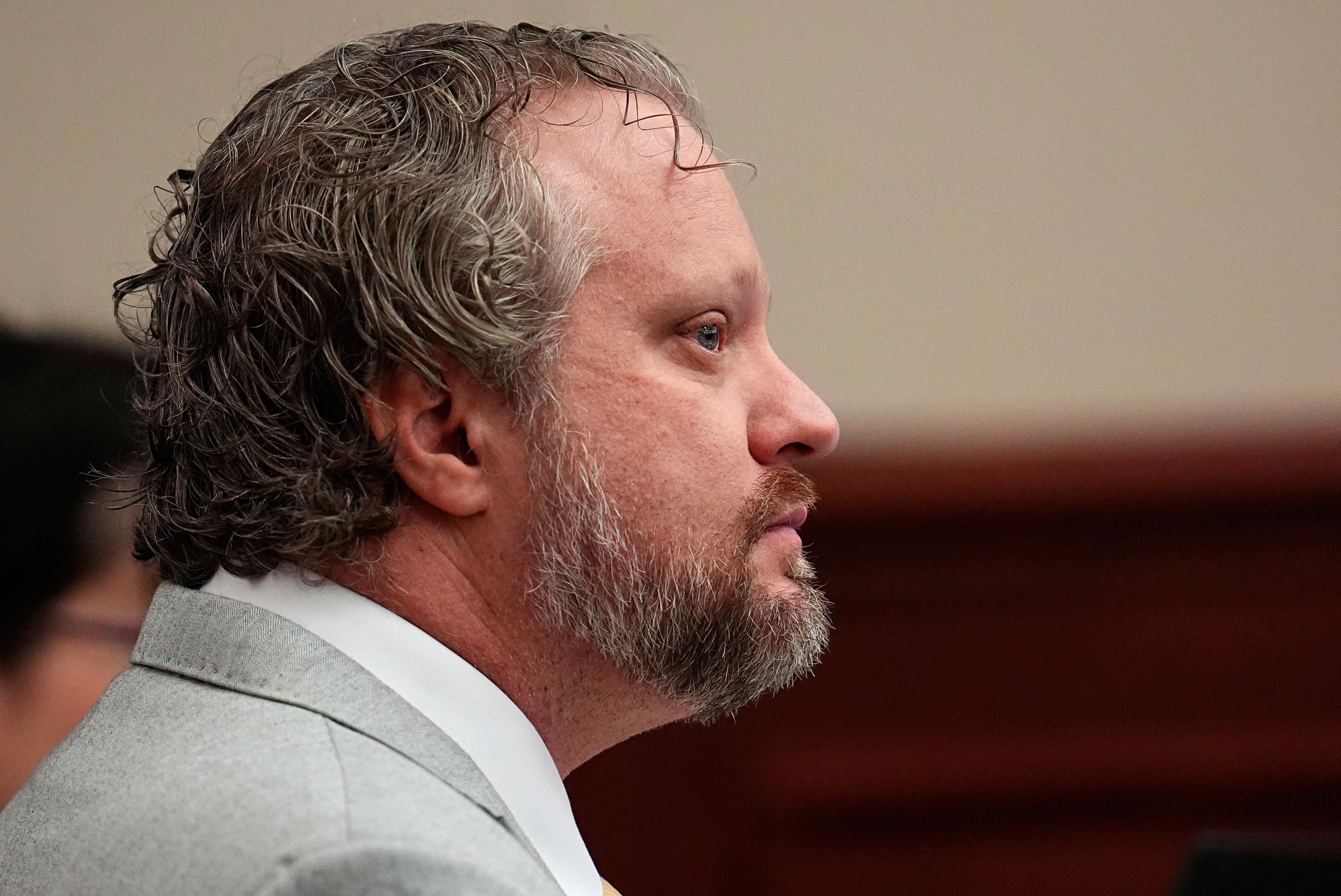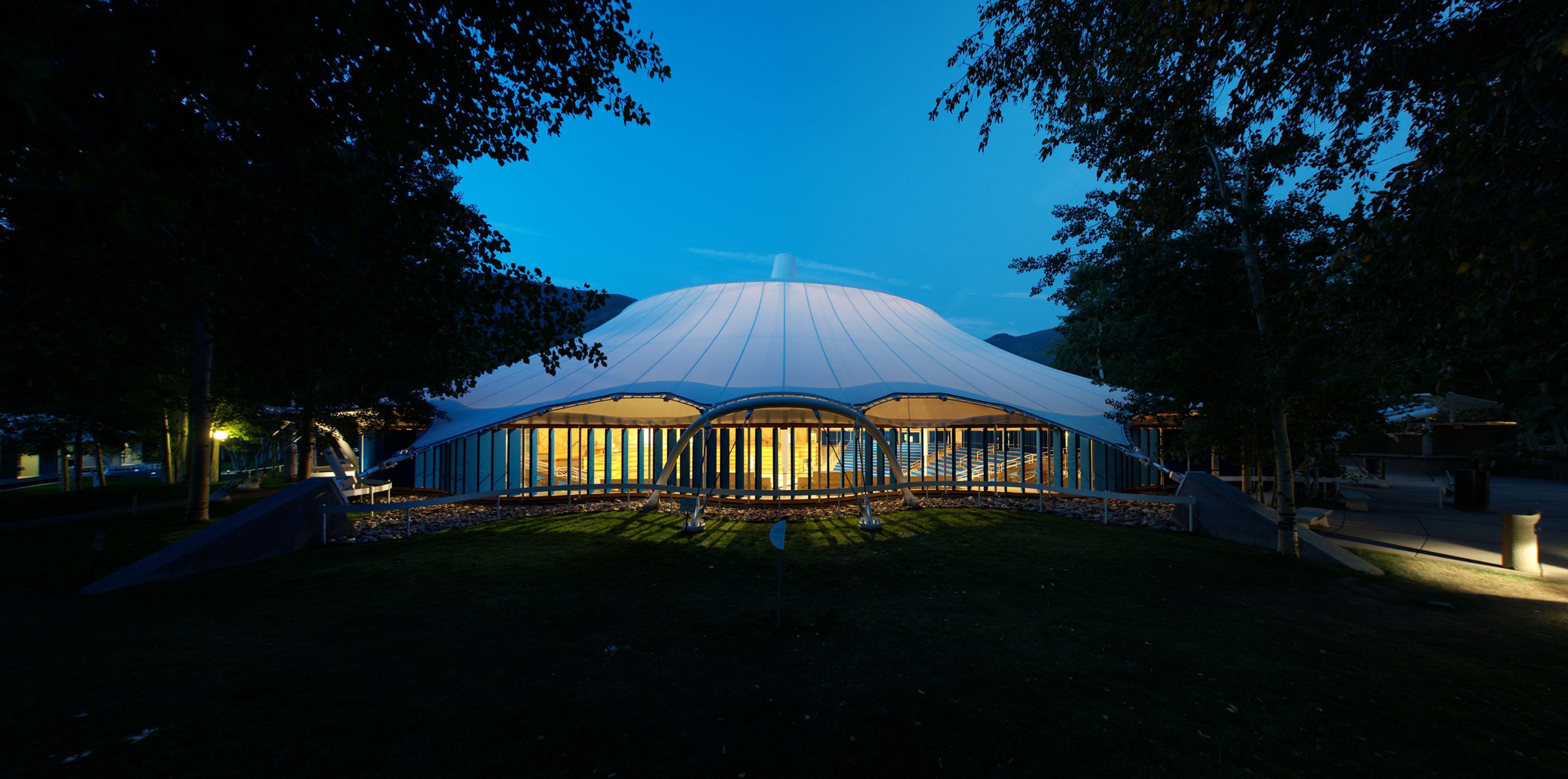
This story was produced as part of the Colorado Capitol News Alliance. It first appeared at coloradosun.com.
In an effort to ease the state’s affordability crisis, Colorado lawmakers this year expanded protections for renters and passed a handful of new laws aimed at making it easier to build new housing.
But — amid a state budget crunch that’s only expected to get worse next year — the legislature made few new public investments in housing during the 2025 legislative session, relying instead on the voter-approved Proposition 123 and other investments made in prior years.
Meanwhile, some proposals to increase affordability fell short, even as evictions and homelessness surge to new highs and the Trump administration looks to scale back the federal government’s support for affordable housing.
The net result could be a mixed bag for housing affordability in Colorado at a time of widespread economic uncertainty.
Here’s what the legislature did — some of what it didn’t do — and what it all could mean for housing in the years to come.
Renter protections
As the Trump administration rolls back consumer protections at the federal level, Colorado Democrats this year sought to beef up the state’s prohibitions on deceptive trade practices and substandard living conditions.
Under House Bill 1090, which takes effect Jan. 1, 2026, landlords will have to advertise the full cost of a lease — including mandatory charges — up front to renters, in an attempt by lawmakers to stop the proliferation of hidden fees in rental agreements. The measure generally applies to undisclosed charges — which critics call “junk fees” — across the rest of the economy, as well.
Rep. Emily Sirota, a Denver Democrat who sponsored the bill, said the price increases Coloradans experienced in the wake of the pandemic helped bring a number of unfair business practices to light.
“People I think have had this feeling like they’re being ripped off for so long,” she said. “With ‘greedflation,’ I think that these tactics of big business have really come into relief.”
A joint study by the Colorado Economic Defense Project and the Urban Institute found that fees charged by three of Colorado’s largest landlords added 10% to 30% to what tenants owed each month.
“When you’re hearing a number reported for what people are paying each month — that $1,800 or $1,850 for a one-bedroom — it’s actually 20% higher than that,” Zach Neumann, a co-founder of CEDP, said during a panel discussion at Colorado SunFest. “But those junk fees don’t get reported on any of the market platforms.”
That can make it hard for mom and pop landlords to compete, if larger firms are undercutting them with a lower listed price, only to charge renters more through fees. The Colorado Attorney General’s Office reached a settlement with Boulder-based Four Star Realty over tenant charges last year, and is currently working with the Federal Trade Commission in a lawsuit against another landlord, Greystar, over its fee practices.
“My hope is that people will start to feel it pretty immediately in terms of savings,” Sirota said. “What is required is transparency — we are preventing the hiding of the ball, the cost-shifting away from rent and onto fees.”
Landlord enforcement
To the displeasure of landlord groups, the legislature’s Democratic majority also gave the state and local governments a powerful new tool to enforce habitability laws with the passage of Senate Bill 20.
Through a process known as receivership, the attorney general and local governments can petition a court to take over the operation of a rental property, if they can show a pattern of neglect by the landlord.
Sen. Mike Weissman, an Aurora Democrat, said he proposed the legislation in response to one particular apartment complex in his district — the apartments owned by CBZ Management that became a political flashpoint during the 2024 presidential election and have since been condemned.
While campaigning for reelection, President Donald Trump said the apartments had been taken over by Venezuelan gang members. But while there was crime at the property, many residents said the bigger problem was the neglect of an out-of-state landlord who allowed the complex to fall into disrepair. Local officials for years have tried and failed to get the landlord to restore it to a livable condition.
“This is about edge cases, and unfortunately, in my community, we did see an edge case,” Weissman said. “It’s a nightmare for people involved. It’s a nightmare for people in the neighborhood. It’s a nightmare for the local government that’s just trying to do its job.”
The bill also gives local governments the ability to sue landlords over violations of landlord-tenant law, expanding a power previously reserved for the state attorney general. In practice, enforcing the law tends to fall on tenants themselves, who often lack the resources to fight their landlord in court.
“It can be difficult to find a lawyer to do that for you, unless you can qualify for pro bono assistance,” Weissman said. “Frankly, the economics of legal representation just don’t work.”
Gov. Jared Polis allowed the measure to go into law over the objections of landlord groups, who sent him a letter urging a veto.
Drew Hamrick, senior vice president of government affairs for the Colorado Apartment Association, said the prospect of receivership — losing your property — was a disproportionate punishment for not making a timely repair. And, he said, there weren’t enough guardrails in it to ensure landlords had time to address any violations.
“If you’ve got a 20-unit property, you have a $7 million property,” he told The Colorado Sun in an interview. “In what other world would somebody think, yeah, it’s a good idea for the city to have the ability to levy (in effect) a $7 million fine over this code violation?”
Polis vetoed a separate bill opposed by landlords, House Bill 1004, that would have banned the use of many rent-setting algorithms in Colorado. Tenant advocates said it was needed to stop landlords from effectively colluding to set rent prices via shared third-party software firms, but Polis said it would also outlaw legitimate uses of technology.
Expect the rent algorithm bill to return — if not in 2026, then maybe in 2027 when Colorado has a new governor. Two of the top Democratic primary candidates, U.S. Sen. Michael Bennet and Colorado Attorney General Phil Weiser, have backed efforts to stop companies from using algorithms in ways that could violate antitrust laws.
Hamrick worries that the legislature’s annual attempts to bring down costs for renters could have the opposite effect over time.
“We’re getting to the point that people are calling up and saying, ‘what the hell is going on with Colorado?’ They’re scared of the investment environment here,” Hamrick said. “The net effect of all of this hyperactive need to meddle is to make Colorado a less attractive place for somebody to come build an apartment community, and that always translates into not enough of them to go around and eventually, raising prices.”
Supply-side interventions
For those who view density as the key to unlocking more affordability, the 2025 legislative session wasn’t the banner year that 2024 was. But lawmakers did take steps to boost multifamily housing construction.
The legislature took another crack at limiting construction defects litigation — a legal liability for condominium developers that drives up insurance costs and makes it hard to build such projects affordably. Polis signed House Bill 1272 into law in May.
Under House Bill 1273, large cities will have to allow developers to build apartments with a single stairwell, rather than the two previously required by fire safety codes. That allows builders to pack in more units per square foot, reducing the cost per unit.
Polis also signed into law two bills that will enable the state Treasurer’s Office to invest in housing projects. Senate Bill 6 will allow the treasurer to invest up to $50 million to finance affordable housing for low- and middle-income households. Senate Bill 167 creates a first-time homebuyer program for public school teachers. Under the program, the state treasurer will invest up to $200 million from the state Public School Fund in things like mortgage-backed securities and construction loans to fund new housing.
A Democratic-led effort to allow housing on church and public school land was defeated in the state Senate, due to opposition from local government groups that said it would upend local efforts to plan for smart community growth.
For some advocates of statewide land use reform, the focus in 2025 has been on implementing laws that passed previously.
This week, the Southwest Energy Efficiency Project launched a campaign called Housing Forward Colorado to work with local officials and community groups to enact policies that promote housing affordability.
Funding earmarked for housing by Proposition 123 — a measure approved by voters in 2022 — is also starting to flow, pumping money into affordable housing construction, rental and downpayment assistance and other programs.
In the meantime, the housing market is flashing conflicting signals.
Rents and home prices in metro Denver have leveled off this year, even falling slightly from their post-pandemic peaks as inventory piles up. Persistently high interest rates have flummoxed homebuyers, sellers and builders alike. Throw in the prospect of federal tariffs and the construction labor market, which relies heavily on immigrant labor, and home and apartment building has slowed, threatening to recreate the conditions that sent Colorado’s housing prices soaring in the first place.
“What we’re creating this regulatory environment for is the next big boom in housing construction,” said Matt Frommer, a land use policy manager at SWEEP. “It’s not happening right now. But in the future where interest rates start to come down a little bit and maybe rents go up in a scarcity environment with a hot job market — that’s when we want the market to respond quickly, with a lot of new housing to absorb that demand.”

Colorado Capitol Alliance
This story was produced by the Capitol News Alliance, a collaboration between KUNC News, Colorado Public Radio, Rocky Mountain PBS, and The Colorado Sun, and shared with Rocky Mountain Community Radio and other news organizations across the state. Funding for the Alliance is provided in part by the Corporation for Public Broadcasting.









